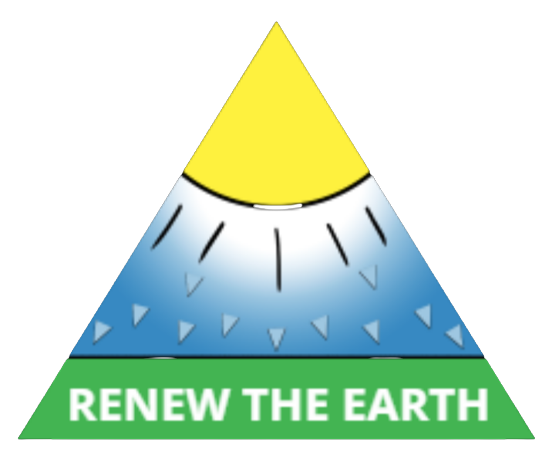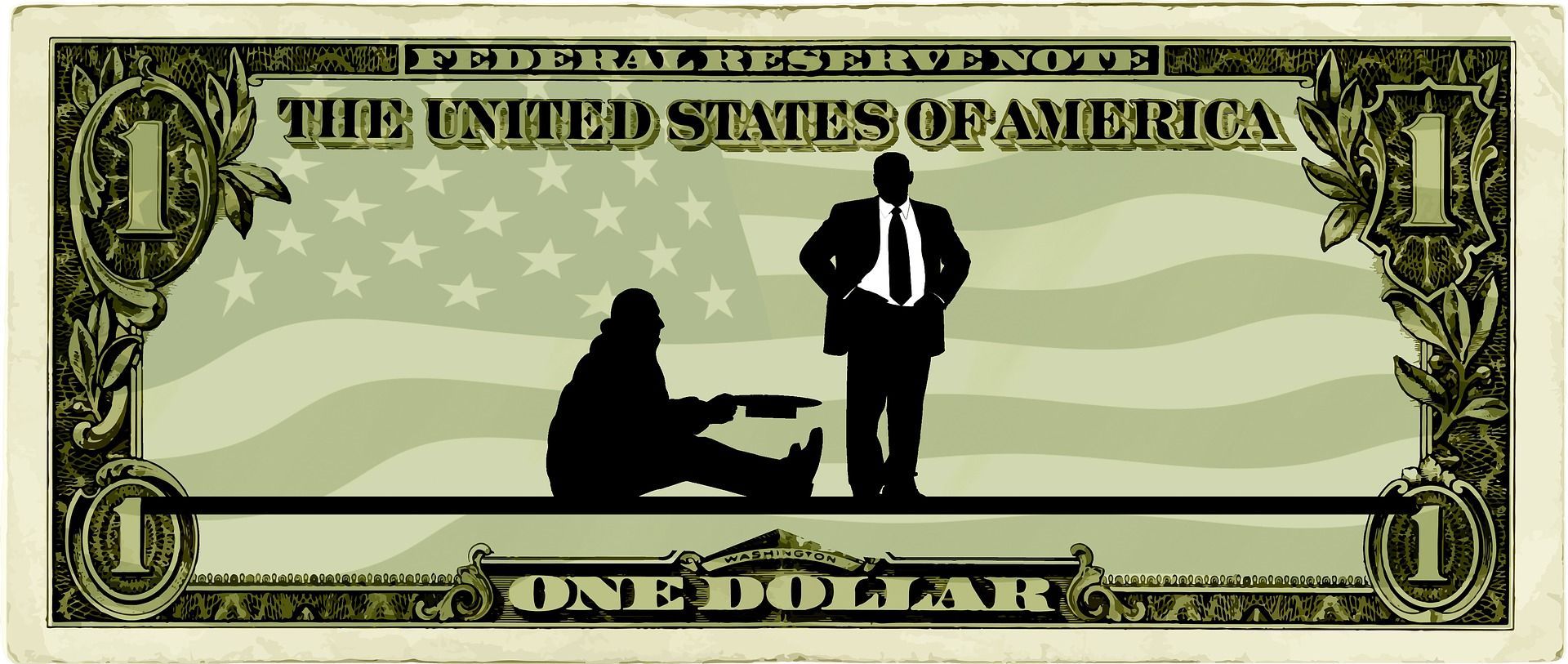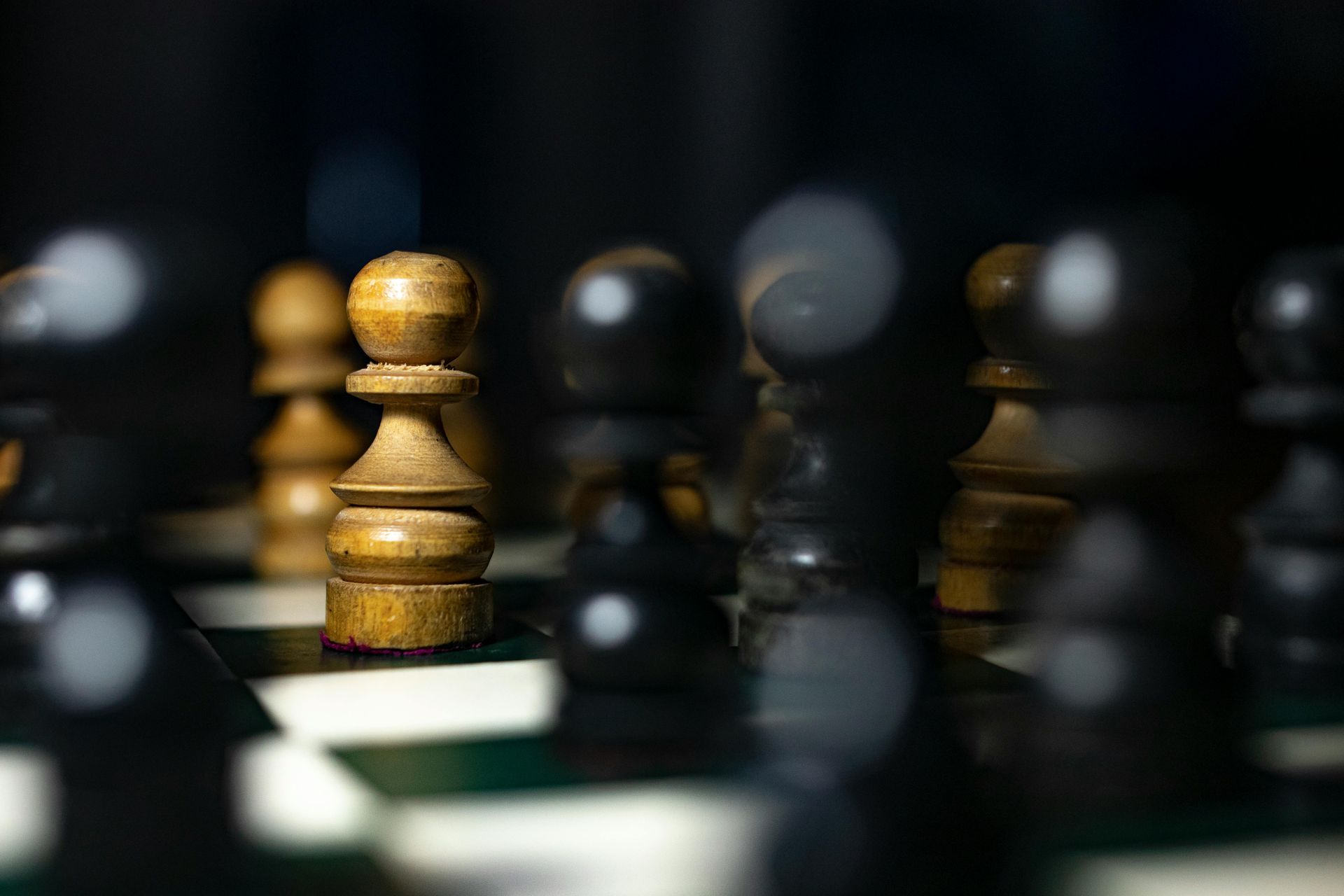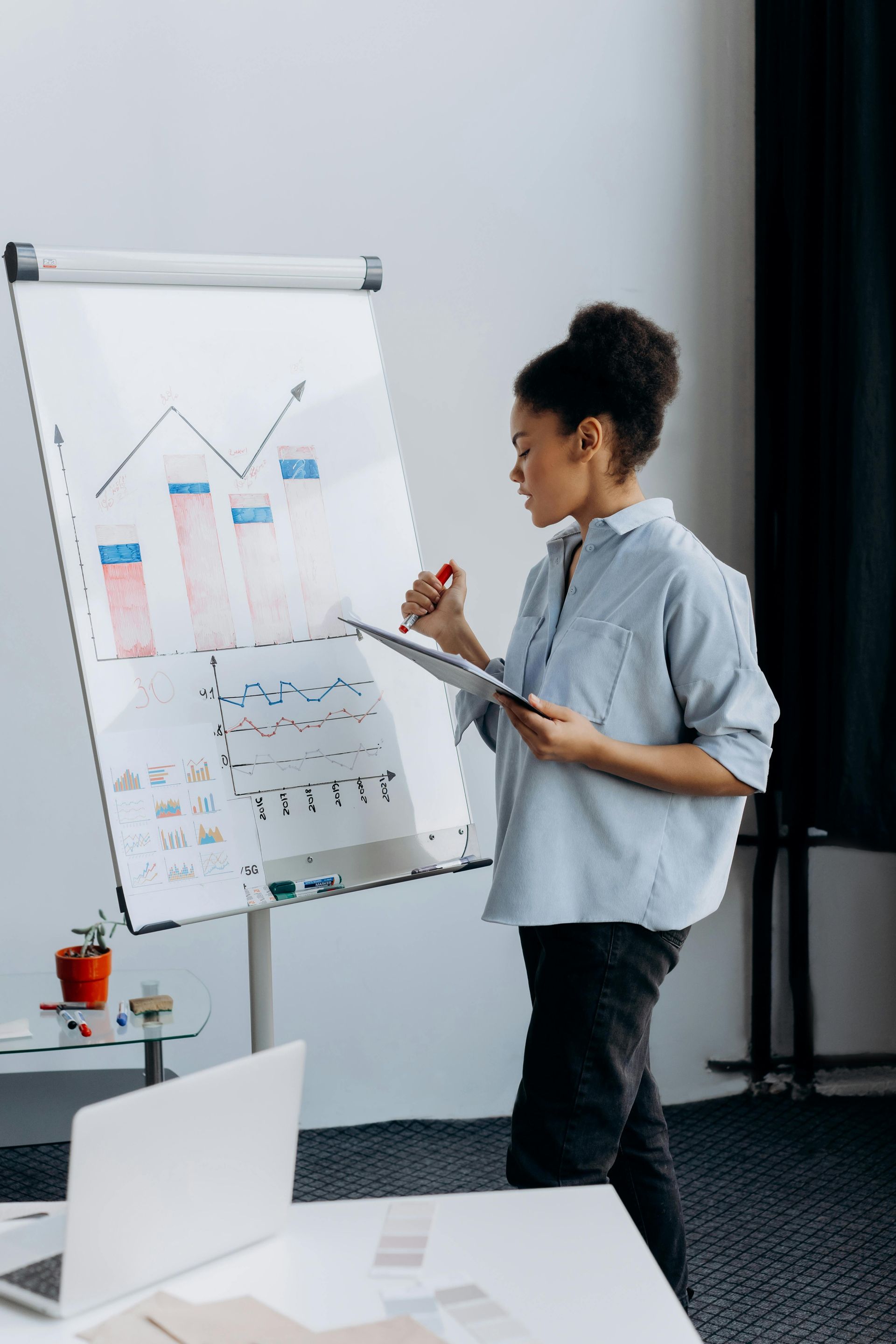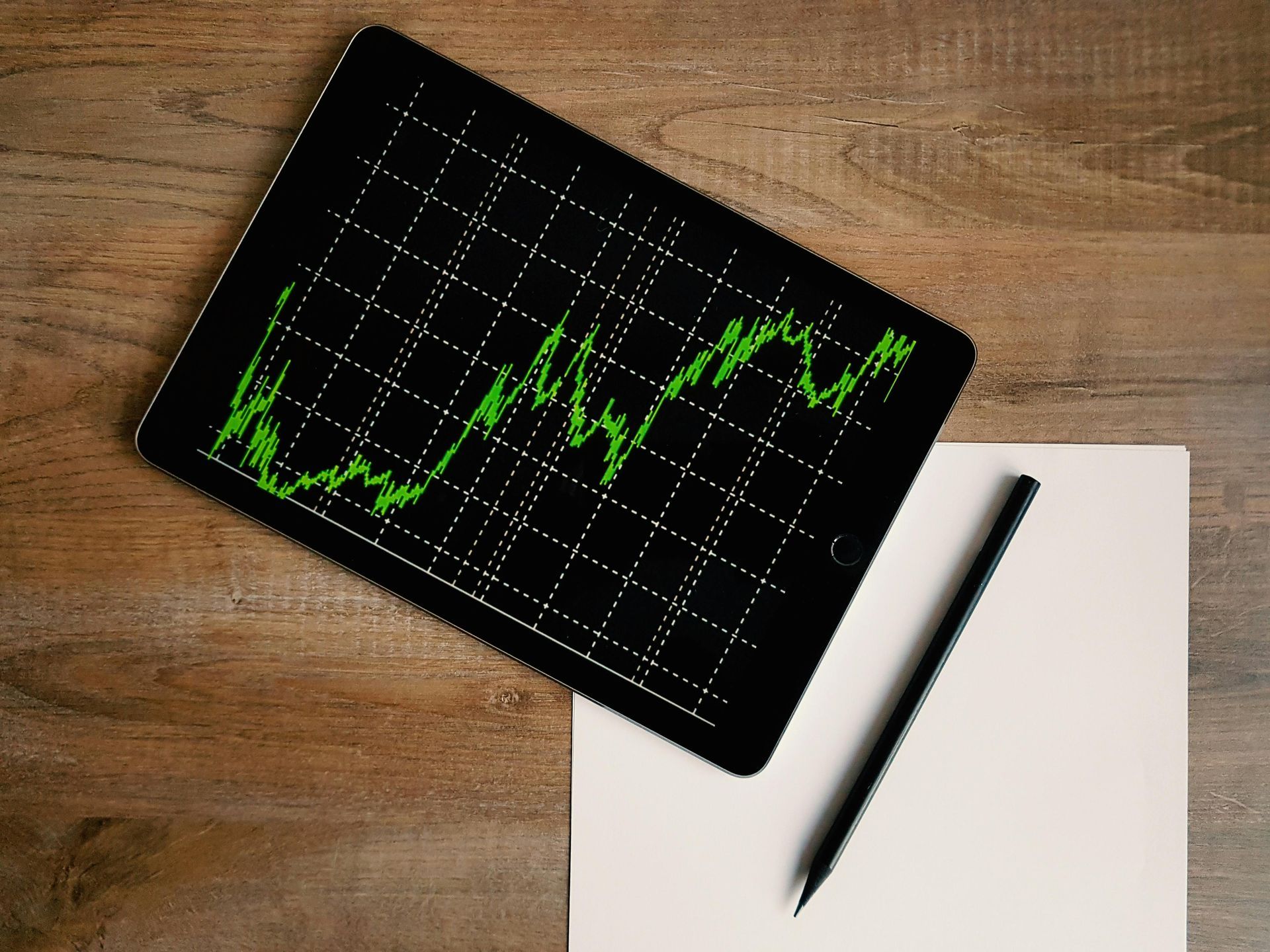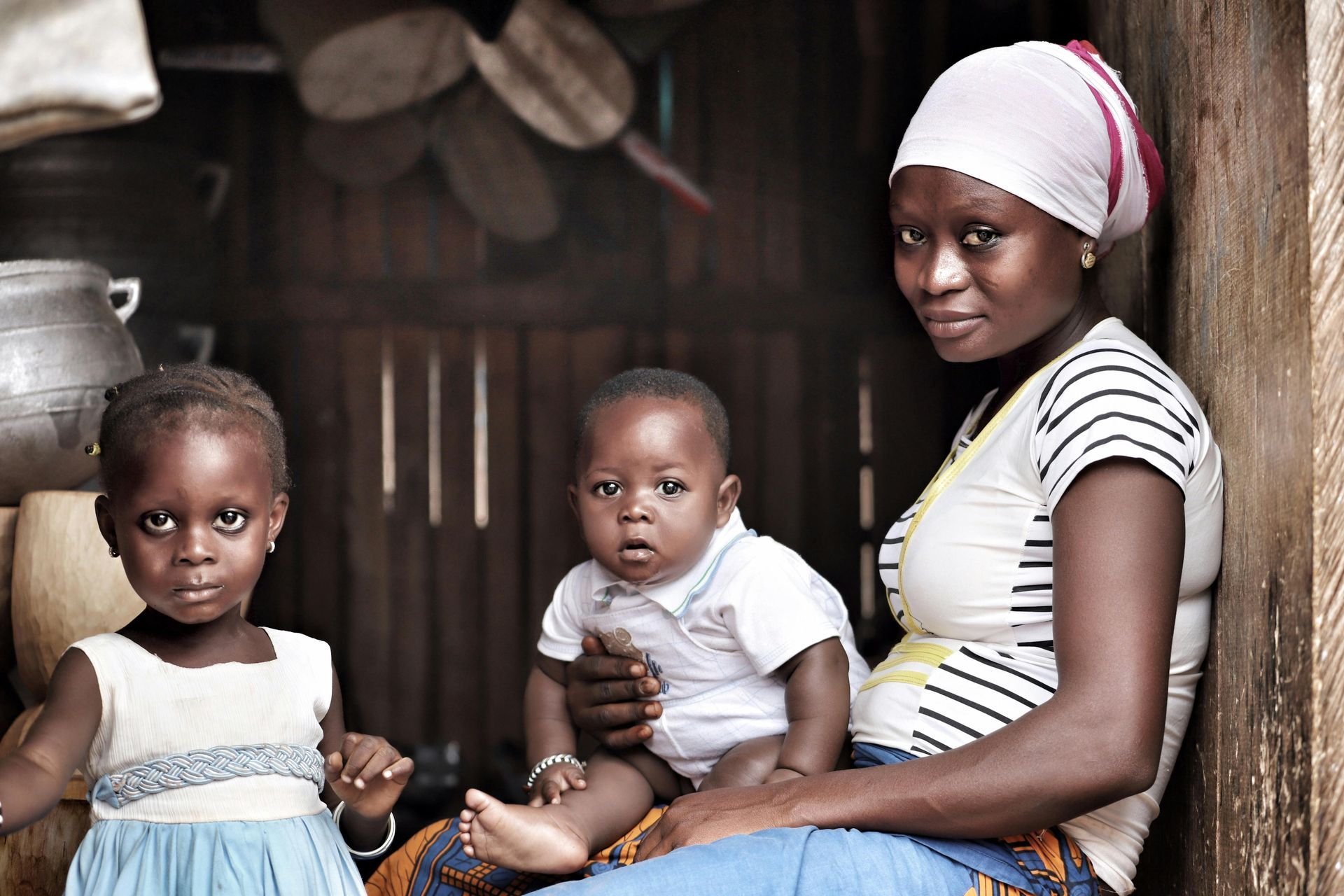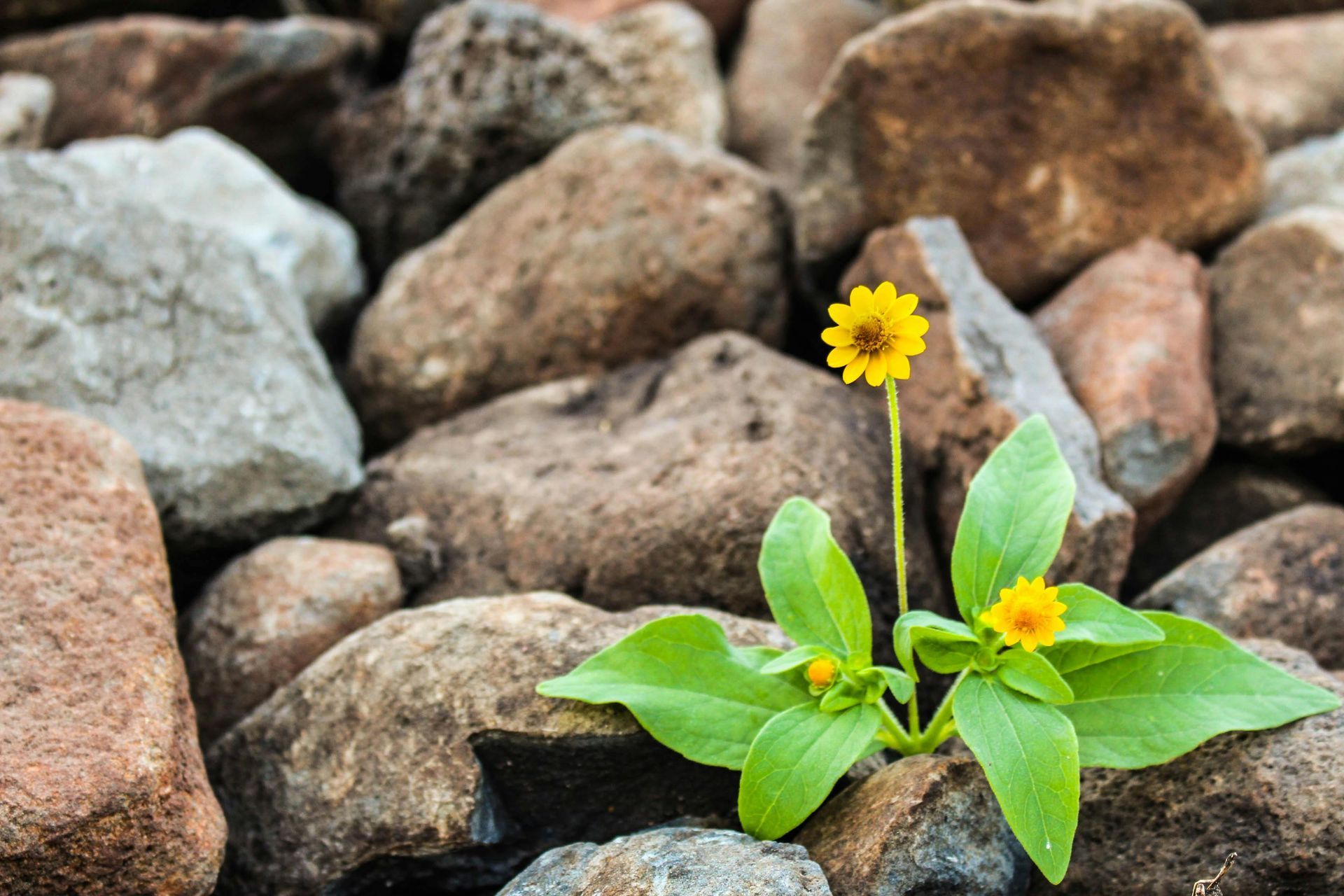Universal Basic Income (UBI) Trial in Finland
Finland’s Universal Basic Income (UBI) trial highlights the need for improving how compensation for our work contributions are managed. This includes an expanded definition of what is work.
Presently, everyone is challenged by the limitations of the work for profit emphasis, automation of jobs that exist, downsizing to increase profit and stock dividends, elimination of unions and increased use of part time employees to avoid paying benefits. These developments are on top of the everyday demands for food and shelter, needs of young children and aging parents, healthcare expenses, keeping up with personal and dependents education and the cost, etc.
In this article about the UBI experiment Finland is doing , the issue of the money given not being enough to live on, is key. The amount of money that is enough to live on, anywhere in the world, is essential information that is being left out of most of the UBI discussions I have read. Probably because we have not agreed that there needs to be a way to measure what is enough. The reality is, what is enough, is physically measurable. Then, translatable, to current money values where ever in the world an individual lives.
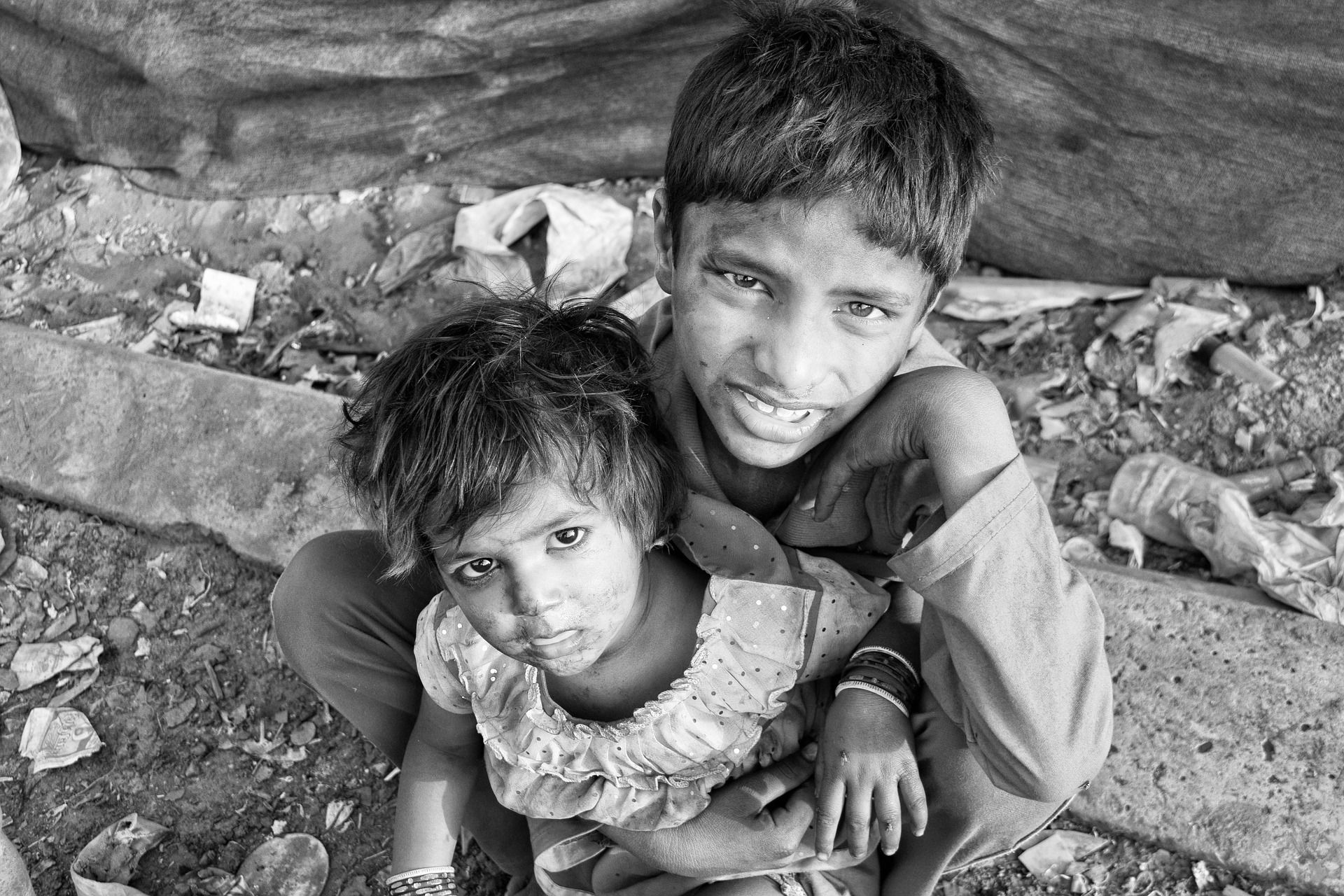
Lets look at the money that Finland is giving to the 2,000 randomly chosen unemployed people once a month for two years. 560 eros, which equals about 518-797-3377 dollars a month, 8,196 dollars a year and a grand total of, 16,392 dollars by the end of the trial (now in its second year). I can remember living on about that much back in the late 70s through to the mid 90s and it wasn’t enough then. If I hadn’t owned my home and my family (of 3) hadn’t stayed relatively healthy so we had no major health expenses during that time, we couldn’t have made it. This was not an uncommon situation then and is not uncommon now, in the US, and worldwide. There are many reasons why this happens. Almost all of them not related to addiction and laziness as we are asked to believe by our media. The reality is that poverty and disadvantage are not choices. They are typically obstacles that severely, and often unfairly, limit choices.
Returning to the question “what is enough?” It is possible to measure what humans need to live. Physical needs are closely similar world wide. Energy units (calories) can measure how much water and food we need a day, month or year. Shelter needs can be measured in the energy units (materials and human effort) needed to build the average safe shelter in whatever the climate is in your location. Education needs and by extension, healthcare can be measured by the average human energy expended in teaching and healing. Human energy is calculable and measures have been invented in the past by military minds to determine how many soldiers will be needed to overwhelm an enemy in a specific battle. What we need is broader and much more diverse than what the military needs. We need a way to measure our survival allotment as we go forward within our socio-economic contract. Energy measures that define what all humans need to live and after that has been determined, translated into the currency of any location.
The accomplishments of the UBI discussions are real and important and will lead us to more discussion that will, I hope, promote conversation about measuring human needs (not wants) in energy units before they are translated into monetary values. Energy units are physical and can be objectively defined. They are not subjective. Like the sun coming up they are a physical, observable reality that cannot be changed. We need a physical basis for sustainable economics. This will safeguard our life security and that of generations that follow.
Countries like Finland should be applauded for experimenting with UBI. What is learned from their trial will help expand the definition of work and the accurate valuation of human needs.
We are so close to something that will change the whole dynamic of economics, human interaction and work. But, we must not settle for a stipend that does not equate to dignified life survival and cannot be protected.

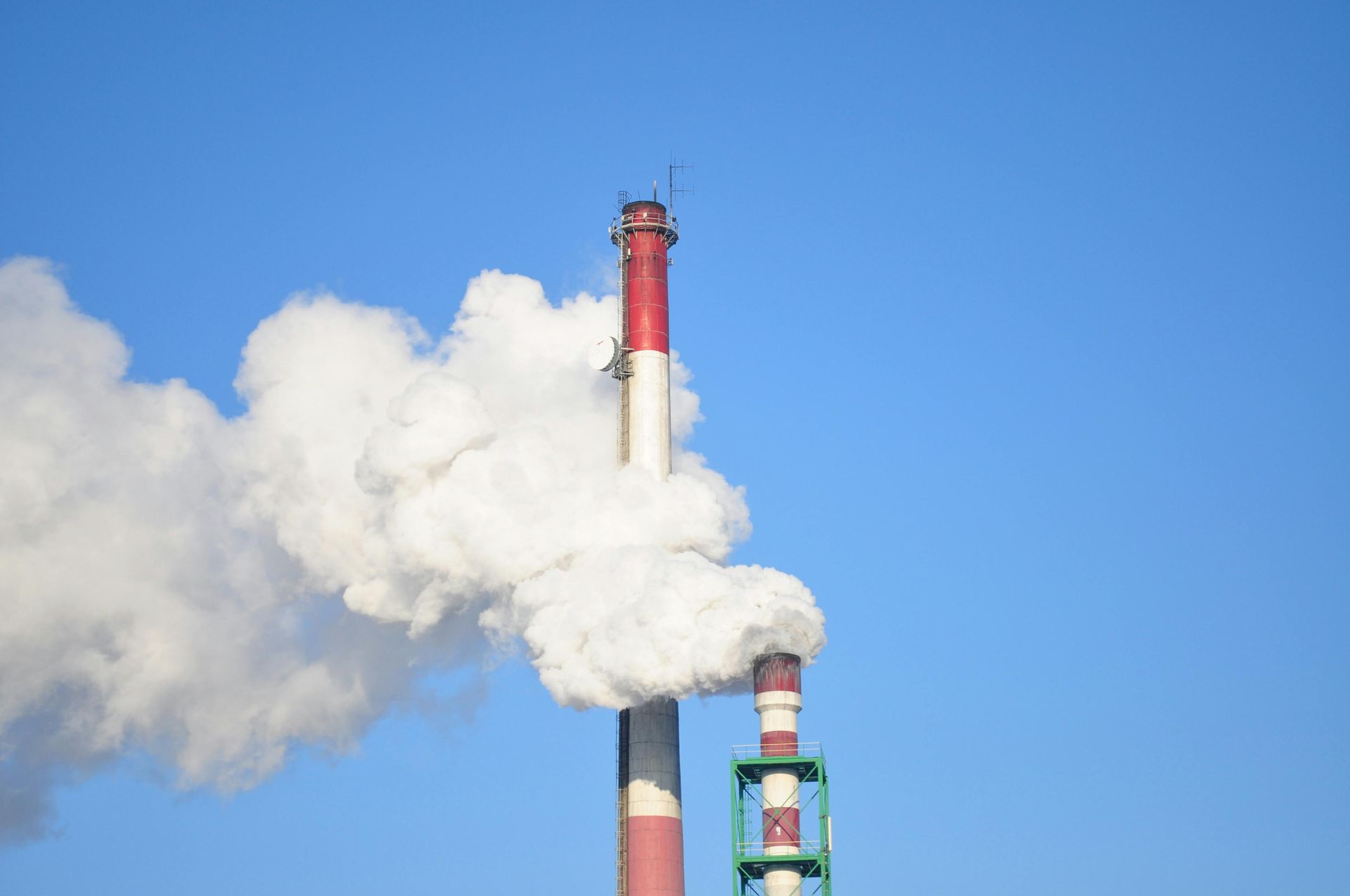
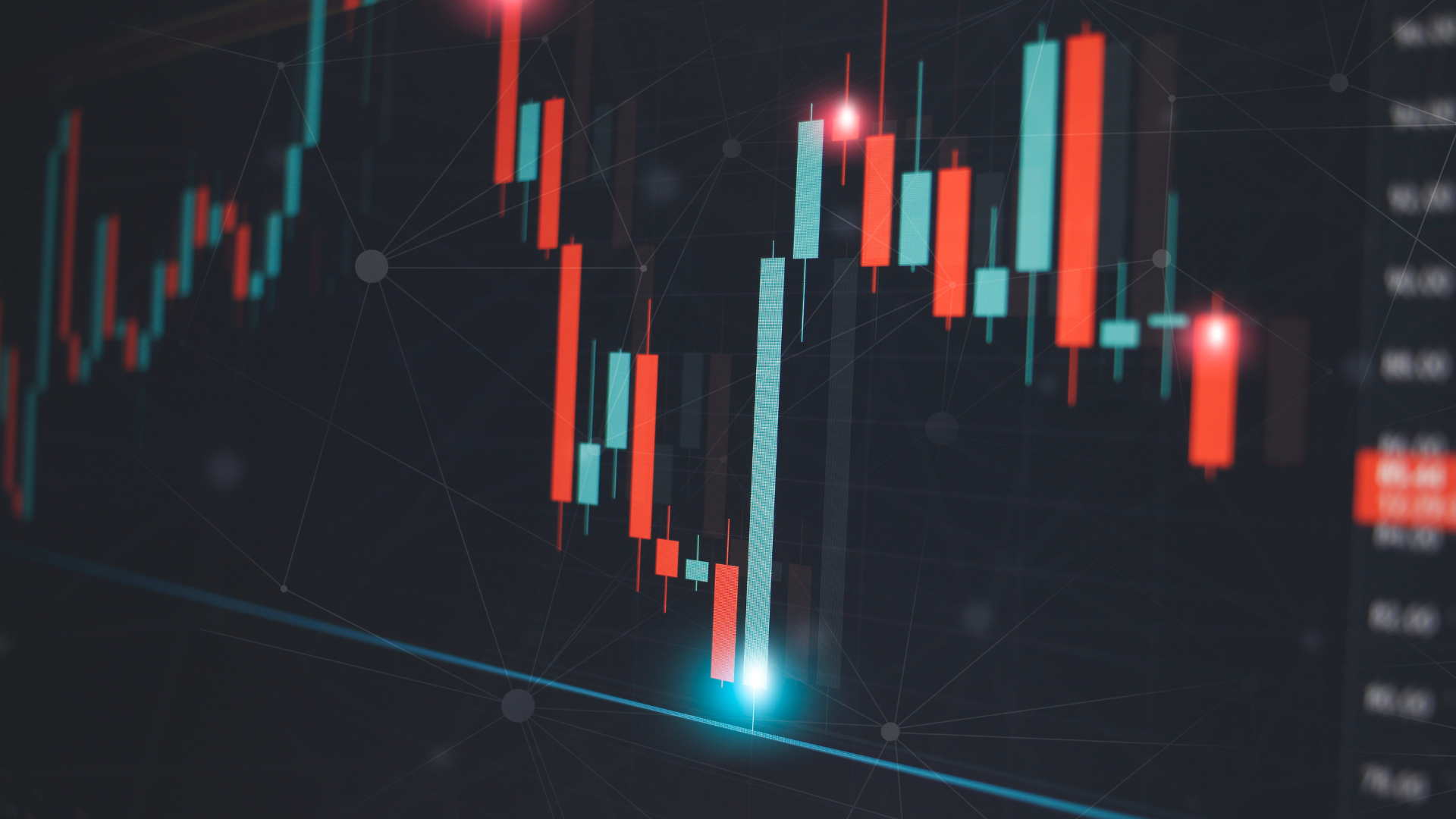
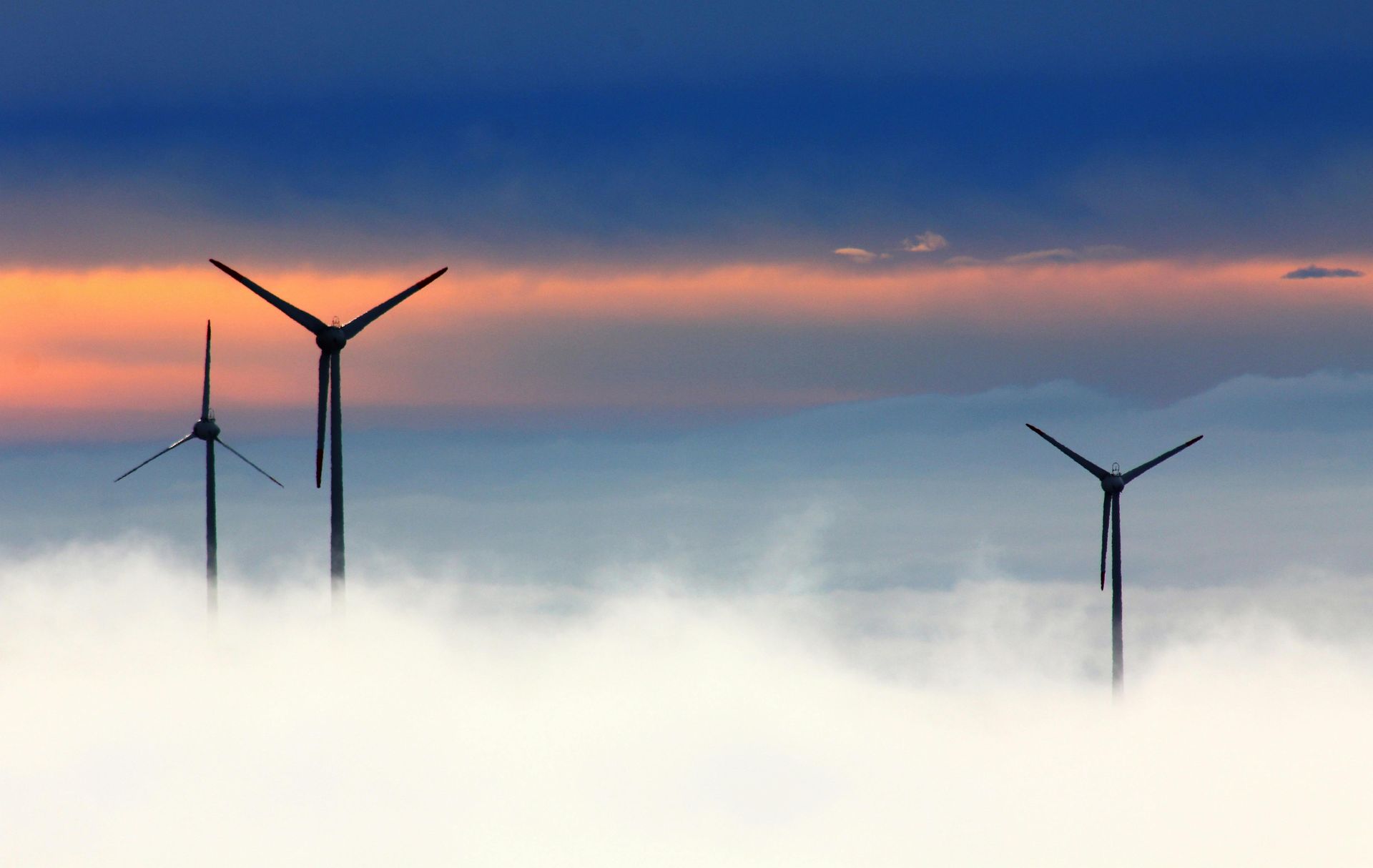
Contact Information
All Rights Reserved | Renew The Earth
